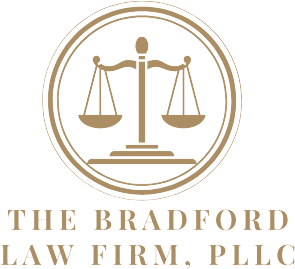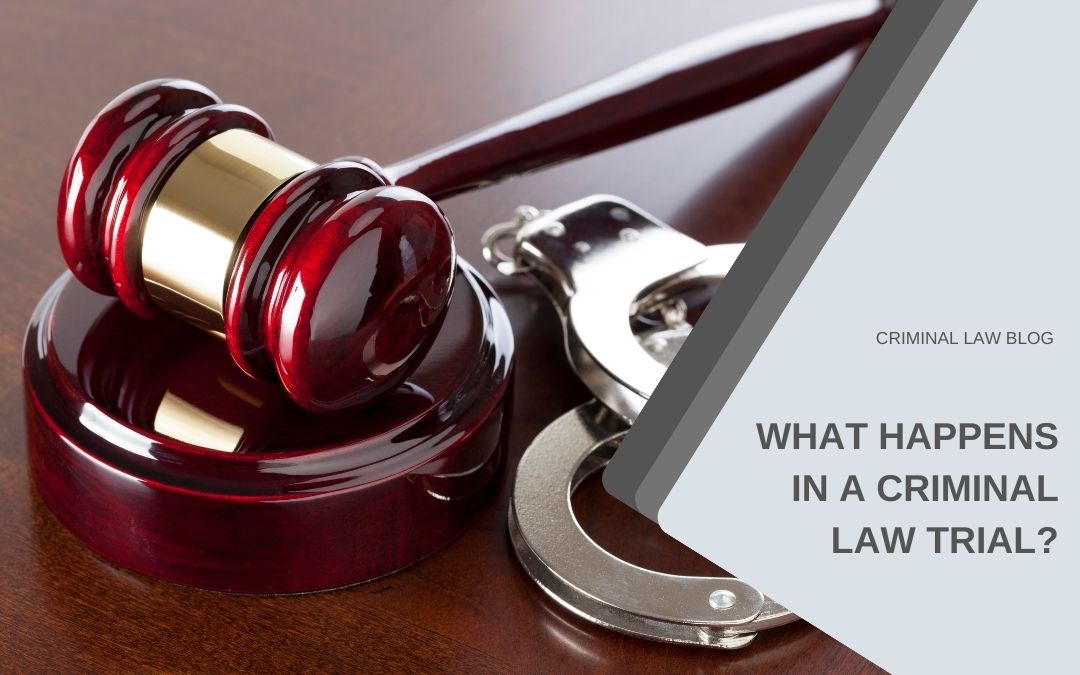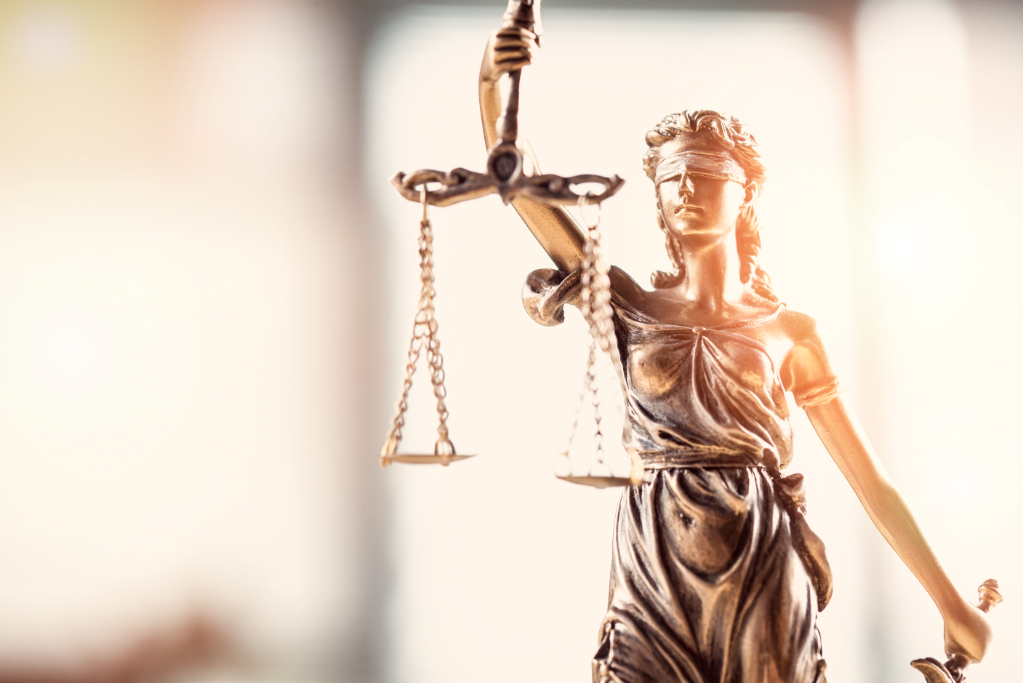A criminal law trial is a specific process where the facts of your case are presented to a judge and jury or only to a judge in some cases.
Unlike civil cases, the government (state or federal) brings forth the case, and they must prove their case beyond a reasonable doubt.
Before the trial starts, there is a period of weeks to months that allows both sides to prepare. For jury trials, the prosecutor and defense attorney participate in the jury selection process.
After the jury is selected, the criminal trial begins and typically includes the following:
- The prosecutor and the defense lawyer make opening statements.
- The case is presented before the judge and jury, typically involving the prosecutor’s direct examination of the government’s witnesses. During this phase, the prosecutor can introduce evidence. After every witness examination, the defense lawyer has a chance to cross-examine that witness.
- Once the prosecution presents its case, the defense may present witnesses and evidence.
- During the direct or cross-examinations, either lawyer may object to a piece of evidence or question. The judge determines whether the evidence or question is allowed.
- Closing arguments are made once the defense rests its case. Both sides have this opportunity to summarize the evidence and testimony and request the jury to return a guilty or not guilty verdict.
- The judge will then give instructions to the jury if there is one. They (or the judge if there is no jury) have time to process the information, which is called deliberation. Once a verdict is agreed on, the verdict is announced to the judge, lawyers, and the defendant in open court.
What is your role as a defendant?
You always have the right to attend your trial, but in some cases, you may be required to attend. Your defense attorney will present your case after the prosecution finishes presenting its case.
Your defense attorney may introduce evidence and examine witnesses. But you may also choose not to do these steps. Additionally, you have the right to either testify or not testify. The decision of whether to testify is important to discuss with your attorney.
Testifying provides you the opportunity to present your story. But it also allows the prosecutor a chance to cross-examine you. If you don’t testify, the judge informs the jury that this can not be held against you.
What is the role of a plaintiff?
The plaintiff in a criminal case is often “the People” or the State or the Government who are acting on behalf of the victim.
In a criminal trial, the plaintiff has the burden of proof. They must show that the defendant is guilty beyond a reasonable doubt. As a result, the lawyer representing the plaintiff gets to present their side first.


